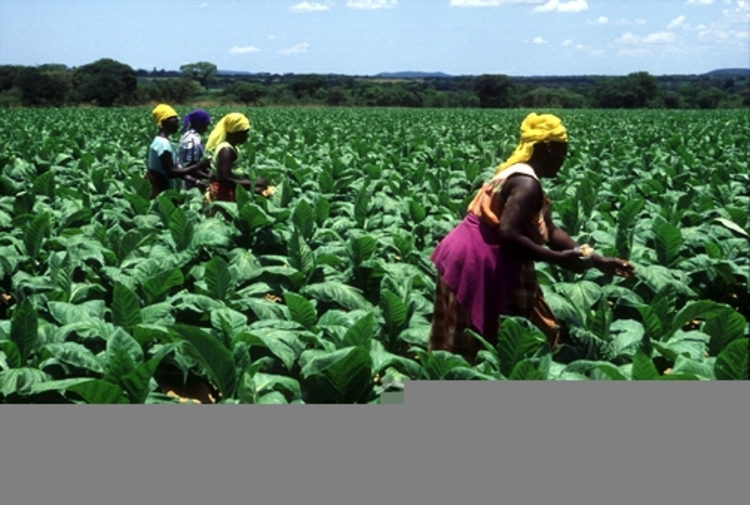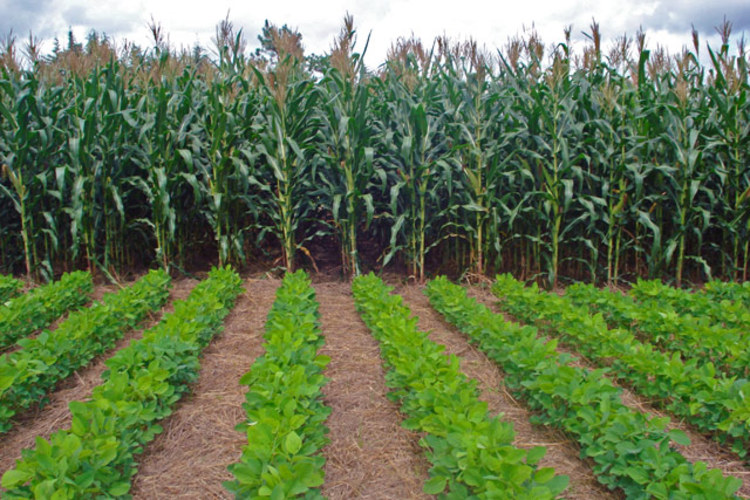
The Sunday Mail

Tendai Chara
Each year on October 16, World Food Day, people come together to declare their commitment to eradicating hunger.
This is done in honour of the date of the founding of the UN Food and Agriculture Organisation.
As people were gathering elsewhere around the world on that date, an important event to launch three programmes that will go a long way in addressing food and nutrition security was held in Harare.
The Feed the Future Livestock Development, Feed the Future Crop Development and Community Water, Sanitation and Hygiene programmes were appropriately launched on this important day.
Apart from addressing food and nutrition security, the programmes will also create employment and reduce poverty.
Increasing incomes, food security and creating employment opportunities through agricultural production remains one of the country’s key focal points as prescribed by the Zimbabwe Agenda for Sustainable Socio-economic Transformation (Zim-Asset).
Under Zim-Asset’s Food Security and Nutrition cluster, Government and its partners has a mandate to create a self-sufficient and food surplus economy.
Initiated and funded by USAID, US$21,5 million will be committed and assistance will be provided to more than 70 000 rural households.

Increasing incomes, food security and creating employment opportunities through agricultural production remains one of the country’s key focal points
More than 350 000 people will be taught good agricultural practices, linked to markets and trained to take farming as a business.
Under Feed the Future Zimbabwe Livestock Programme, which is being implemented by Fintrac, 3 000 smallholder beef and 2 000 dairy farmers will benefit.
Each beneficiary household should, by the close of the programme, own at least 15-20 beef cattle. The farmers will be linked to formal markets to ensure they sell a minimum of four beasts yearly.
For dairy producers, beneficiary households will own a minimum of three high-quality cows that produce an average of 12 litres of milk daily for 300 days.
The farmers will be linked with local milk processors to facilitate formal sales.
Under Feed the Future Zimbabwe Crop Development Programme, 7 500 beneficiary households on irrigation schemes in natural regions 3, 4 and 5 will be assisted to increase productivity and incomes of high-value crops.
Crop yields for carrots, potatoes, sugar beans, tomatoes and peas are expected to be doubled and the targeted income per household is US$1 000 per year by year five.
Dry land smallholder farmers in Natural Region 3 will be trained to grow maize, sorghum, groundnuts, sweet potatoes, cowpeas and beans commercially.
Of the total programme’s beneficiaries, 50 percent will be women and 10 percent youths.
Under the Community, Water, Supply Sanitation and Hygiene Programme, 8 000 households and 20 schools will be provided with sustainable access to clean and safe drinking water sources. A total of 937 households and 20 schools will have access to improved sanitation facilities.
To achieve these objectives, boreholes will be rehabilitated, wells dug and toilets constructed.
USAID mission director Ms Stephanie Funk said Zimbabwe, like other countries, faced challenges associated with climate change.
“Rising temperatures, changing rainfall patterns and increasing extreme weather events such as droughts, floods and typhoons are a major threat to the viability of Zimbabwe’s agricultural sector.”
“As we experienced in 2013 and again 2015, unpredictable rainfall patterns can dramatically affect crop yields, reduce livestock birth rates, increase livestock mortality and also reduce dairy cow yields. All this jeopardises the income streams of rural households, puts individuals at risk of food and nutrition security and significantly reduces national economic growth,” Ms Funk said.
She said Zimbabwe’s agricultural potential was vast, and achieving that potential was essential to poverty reduction.
Mr Ringson Chitsiko, the Secretary for Agriculture, Mechanisation and Irrigation Development, said: “Surely, Government would like to register its support for interventions of this nature, especially as they complement Government efforts to raise production levels, incomes and livelihoods, improve nutritional status and access to clean water and sanitation facilities for the country’s under-served populace – women and youth included.”



